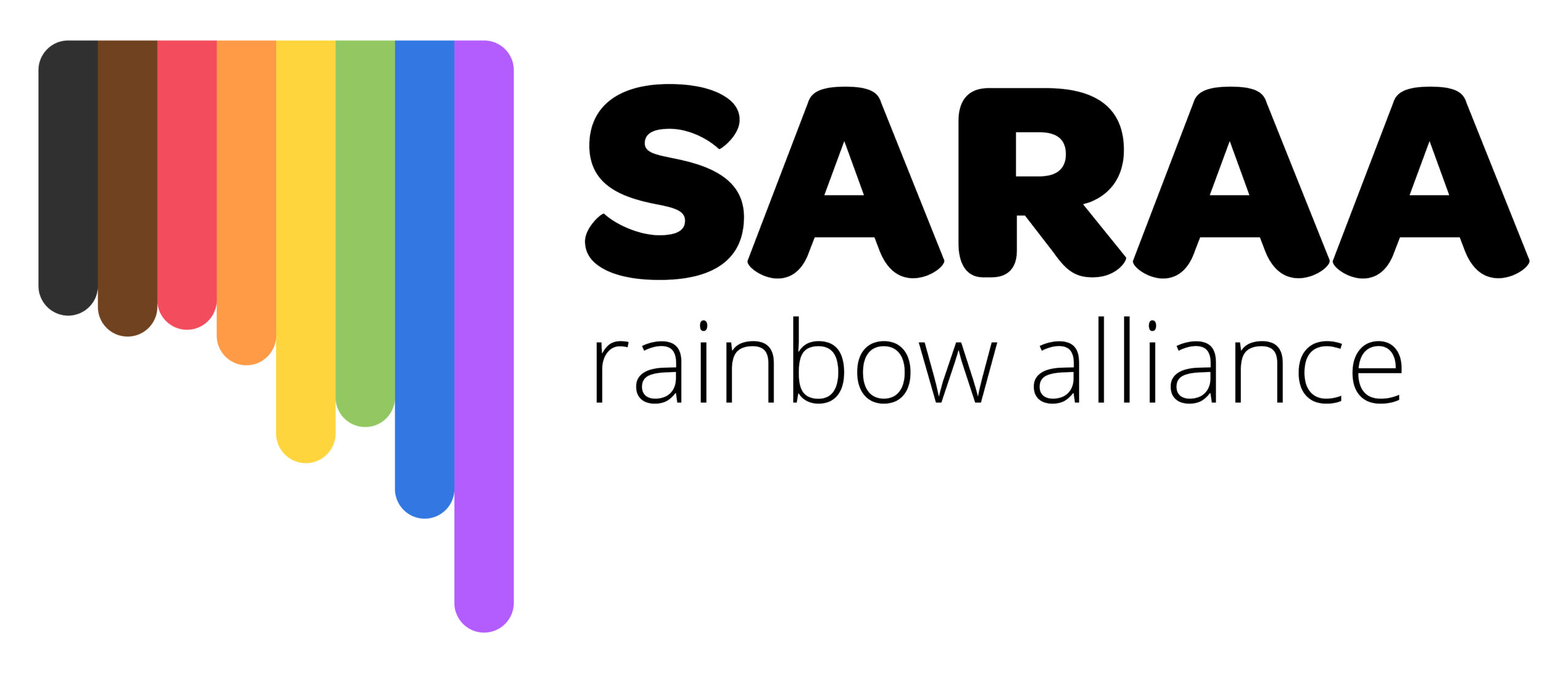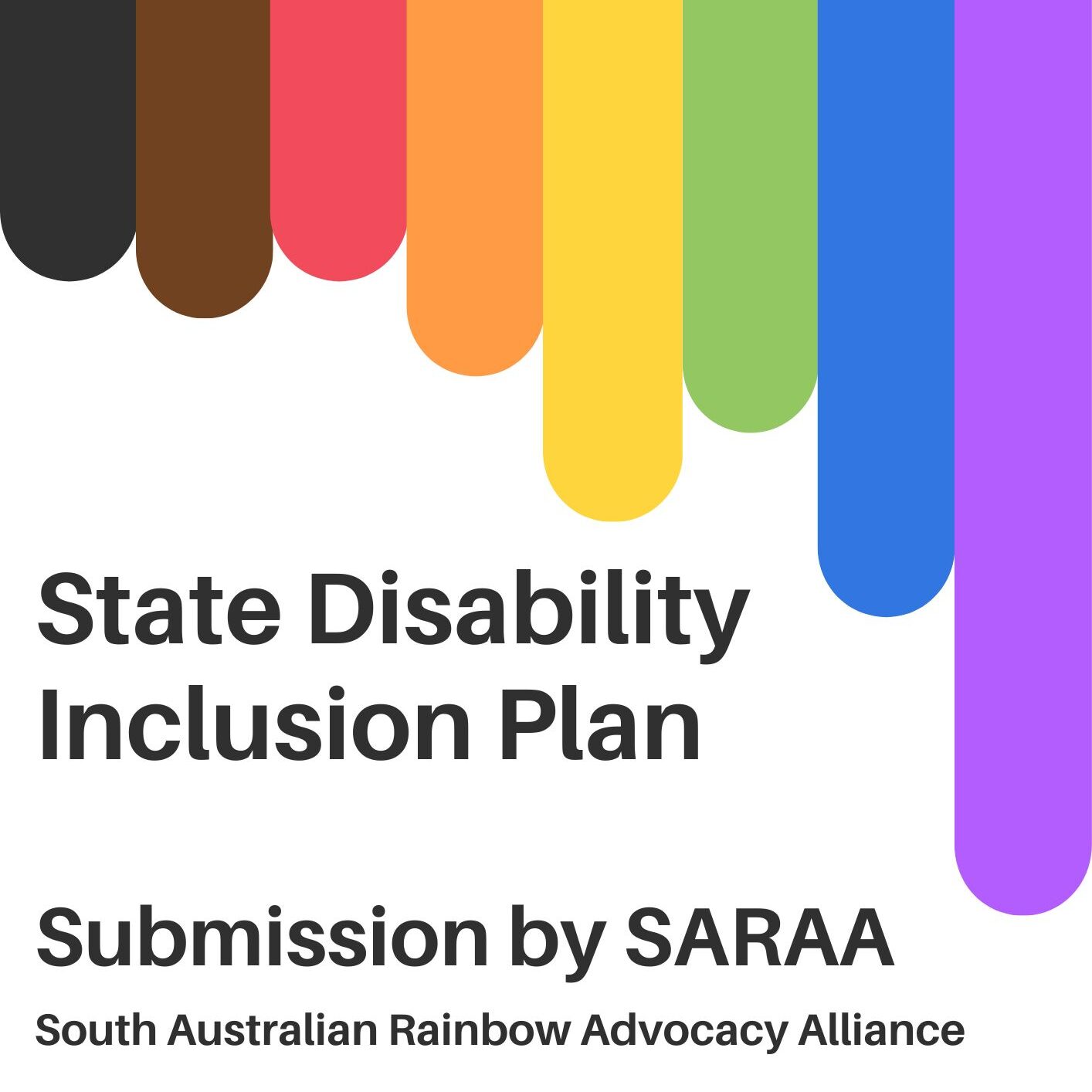Unfortunately at the current time, members of the LGBTQIA+ community are not a priority target of the state disability inclusion plan. This results in a lack of explicit consideration of our communities’ needs within the design, development and evaluation of services, policies and programs supporting LGBTIQA+ South Australians living with disability.
Minority stress is a phenomenon in which individuals who are marginalised, excluded and discriminated against develop higher rates of physical and mental illness as a result of the stress which this discrimination causes. While the inverse care law demonstrates that individuals the most in need of appropriate care are the less likely to obtain that care.
LGBTQIA+ individuals living with disability face double discrimination which further increases the burden of minority stress and the likelihood that they will not receive appropriate care.
LGBTQIA+ people are significantly more likely to live with physical and psychosocial disabilities than the general population, with 37.1% of South Australian respondents to the 2021 Writing Themselves In study of LGBTQIA+ youth (14-21) living with a disability or long term health condition. This number is in alignment with the 39% of (over 600) contributors to our own Vision of Pride 2030 who live with disability.
Compared to the broader LGBTQIA+ community, which already faces disproportionately rates of discrimination and exclusion, the 2022 Violence, Abuse, Neglect and Exploitation of LGBTQA+ People with Disability report (developed as part of the Royal Commission into Violence, abuse, Neglect and Exploitation of People with Disability) found that LGBTQIA+ people living with disability are:
- 25.7% more likely to feel unsafe or uncomfortable in educational settings
- 50.1% more likely to face verbal and physical harassment due to their sexuality or gender identity
- 71% more likely to face sexual harassment and assault,
- 23.2% more likely to experience intimate partner violence
- 150% more likely to have attempted suicide
Perhaps most relevant to this submission is that, over three quarters (78.5%) of LGBTQIA+ people accessing NDIS and Disability Support Services did not feel that their identity as an LGBTQIA+ person was supported.
Unless there is specific acknowledgement, recognition and prioritisation of LGBTQIA+ people living with disability, members of our community will continue to be unsafe, unsupported, and unaccepted when accessing necessary disability support services.


